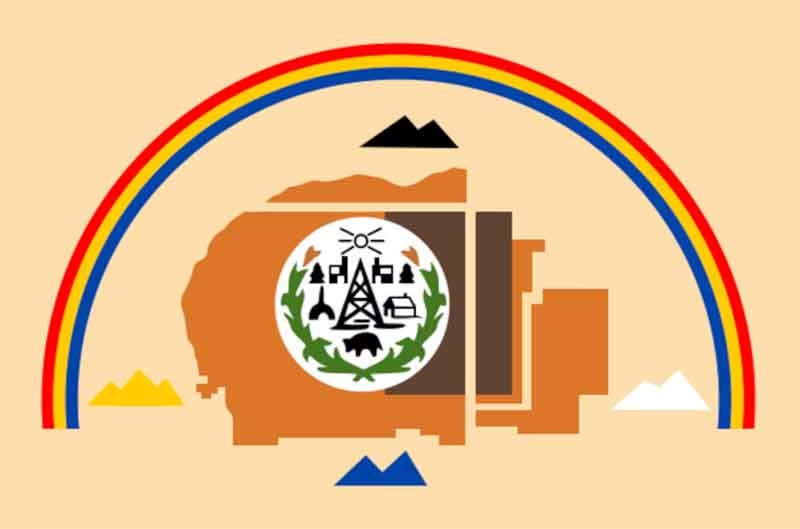
Food security, where everyone has access to safe, sufficient, and nutritious food at all times, is not just a development goal. It is a human right. Yet in Nigeria and across the globe, this right is under serious threat. Rising inflation, climate change, insecurity, and economic instability are pushing millions to the brink of hunger.
It’s time for a mindset shift: Food security is not just the government’s job or the farmer’s burden. It’s everyone’s responsibility.
The Nigerian Reality: A Nation on the Brink
As of March 2025:
- Food inflation hit 31.4%, with staples like rice, maize, bread, and tomatoes becoming unaffordable.
- Over 31 million Nigerians face acute food insecurity (WFP, 2025).
- Rural communities are the hardest hit.
⚠ Root Causes of the Crisis
- 🌍 Climate Change: Droughts, floods, and desertification devastate farms.
- 🔫 Insecurity: Conflict, banditry, and displacement reduce farming activity.
- 🚛 Post-Harvest Loss: Up to 40% of food is wasted due to poor storage.
- 🌾 Heavy Import Dependence: Nigeria imports $10B+ in food annually, weakening the naira and exposing us to global shocks.
With an aging farmer population and disinterested youth, it’s clear: farmers alone cannot feed the nation.
🌍 A Wider African and Global Food Crisis
The Nigerian situation reflects broader trends:
- 282 million Africans were undernourished in 2024.
- East Africa saw its worst drought in 40 years.
- Global food chains were rocked by wars, pandemics, and extreme weather, putting 300+ million people at risk of starvation (FSIN, 2025).
💡 Why Everyone Must Get Involved
Relying solely on commercial farmers is neither practical nor just. Every household, business, and citizen has a role to play. You can:
- Grow food—even in small spaces.
- Buy from local farmers.
- Support agro-initiatives and youth-led ventures.
- Advocate for sustainable food systems.
🌱 The Ripple Effects of Community-Led Food Production
1. Feeding Ourselves First
Even in urban areas, bag farming, rooftop gardens, and sack gardening make it possible to grow okra, spinach, tomatoes, and herbs. It reduces market dependence and ensures fresh, affordable food.
2. Health and Nutrition
Homegrown food means fewer chemicals, better nutrition, and lower healthcare costs—particularly vital in reducing child malnutrition.
3. Boosting the Local Economy
Families can sell excess produce, fueling small businesses and creating value chains—from agro-processing to food vending.
4. Tackling Youth Unemployment
Engaging youth in agriculture—whether on household plots or as labor—creates jobs, reduces crime, and curbs rural-to-urban migration.
5. Fighting Inflation
Increased local supply eases pressure on food prices and helps stabilize the naira by cutting imports.
6. Restoring the Land
Agroforestry and sustainable practices restore soil, improve yields, and combat climate change—ensuring long-term food security.
🌿 Sustainability Must Lead the Way
Food security cannot come at the cost of ecological destruction. Sustainable practices are essential:
- Compost, mulch, and use cover crops to build soil fertility.
- Implement drip irrigation and rainwater harvesting.
- Respect local knowledge—align crops with regional climate and soil.
Use techniques like aquaponics and vertical farming to grow more in less space.
🛠 Too Busy to Farm? Create Jobs Instead
You don’t have to do it alone:
- Hire someone to manage your garden or farm.
- Invest in youth-led cooperatives or community gardens.
- Turn unused land into food hubs—feeding people while creating jobs.

A RUWAI community project beneficiary on her farm during a monitoring visit
🌍 RUWAI: A Model for What’s Possible
One leading light in this food movement is Rural Watch Africa Initiative (RUWAI). This nonprofit is proving that with the right support, rural communities can lead a food-secure, climate-resilient transformation.
🌟 RUWAI’s Key Interventions:
- Training Hub: Teaches sustainable agriculture, sustainable beekeeping and land restoration to thousands.
- Tree Nursery: Grows native and income-generating trees to fight deforestation.
- Agroforestry Demo Farm: A real-world example of eco-friendly food production.
- Value Addition Center: Helps farmers preserve, process, and sell their goods.
- Youth Engagement: Trains young people as climate-smart farming ambassadors.
RUWAI’s work is restoring land, creating jobs, reducing hunger, and building hope.
✅ Your Role Starts Today
- 🌿 Grow something. A single pot of vegetables is a powerful step.
- 🛒 Support local. Shop at farmers’ markets and co-ops.
- 🗣 Teach and talk. Share food wisdom with family and neighbors.
- 📚 Learn and adapt. Embrace indigenous knowledge and climate-smart methods.
- 📢 Advocate. Speak up for fair food policies and youth-focused investments.
🌾 In Conclusion
Nigeria’s food crisis is serious—but it’s also a massive opportunity. When households grow food, youths return to the land, and organizations like RUWAI lead the charge, we create a system that is resilient, just, and abundant.
Let’s stop waiting. Let’s start growing.
We don’t just need more farmers. We need more food citizens. The future of food belongs to all of us.
Subscribe to Our Newsletter
Get the latest CounterCurrents updates delivered straight to your inbox.
Uche Isieke is an advocate for rural resilience and inclusion. He is quite passionate about the rural people, their environment, and social and economic well-being. He is a young development professional with over 5 years experience and has impacted many rural communities through his various initiatives targeted at the poor and marginalized groups. Uche is the Executive Director of Rural Watch African Initiative (RUWAI), a nonprofit committed to strengthening the production and protective resilience of vulnerable rural communities facing poverty, ecological and economic breakdown due to extreme weather events and human errors, for the effective restoration and management of natural resources, for food, water, energy and income opportunities which are important tools in mitigating climate change.
Uche’s core interest is on building agroecological systems, sustainable agriculture land management for food security, livelihoods strategy for self-sufficiency, as well as inspiring young ones to lead in climate action. For more about Uche click the link:https://ucheisieke.
Originally published in Linked In













































